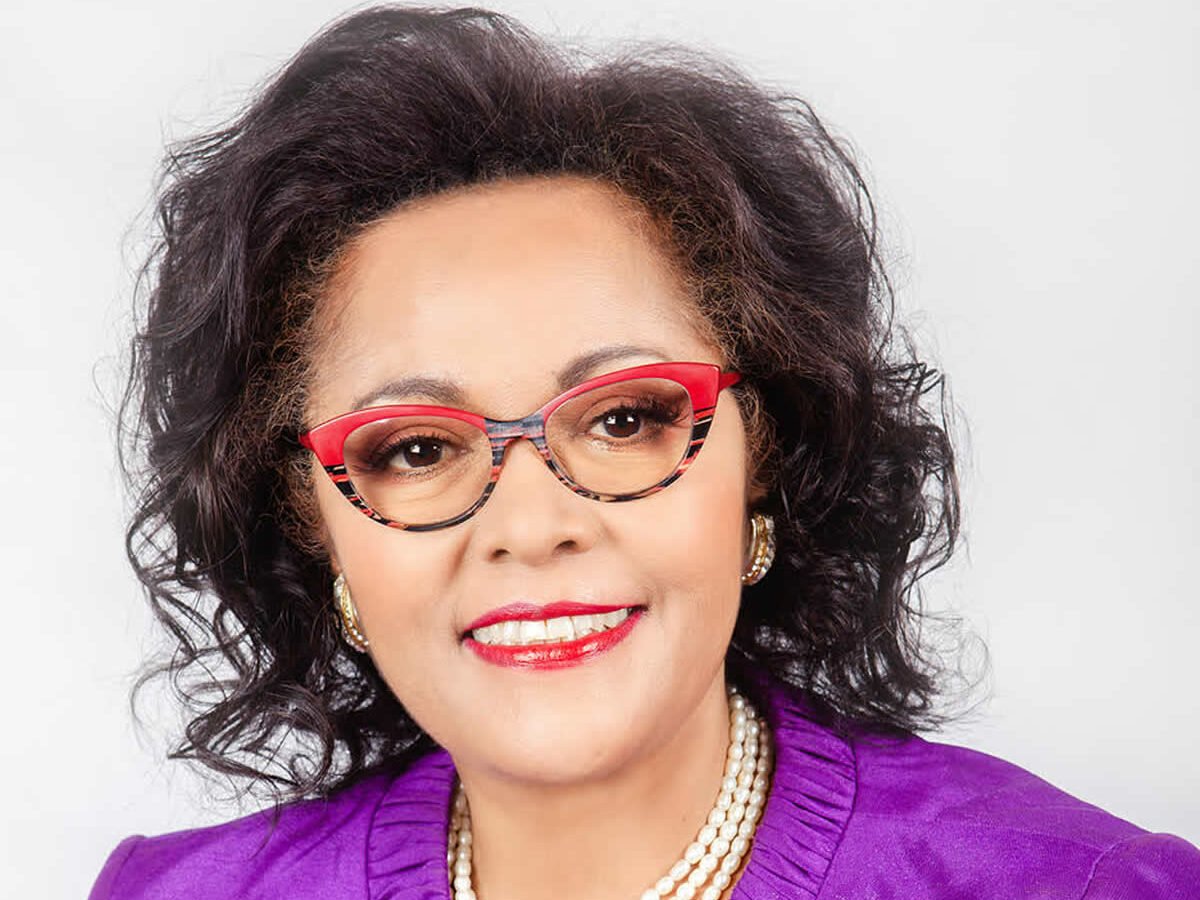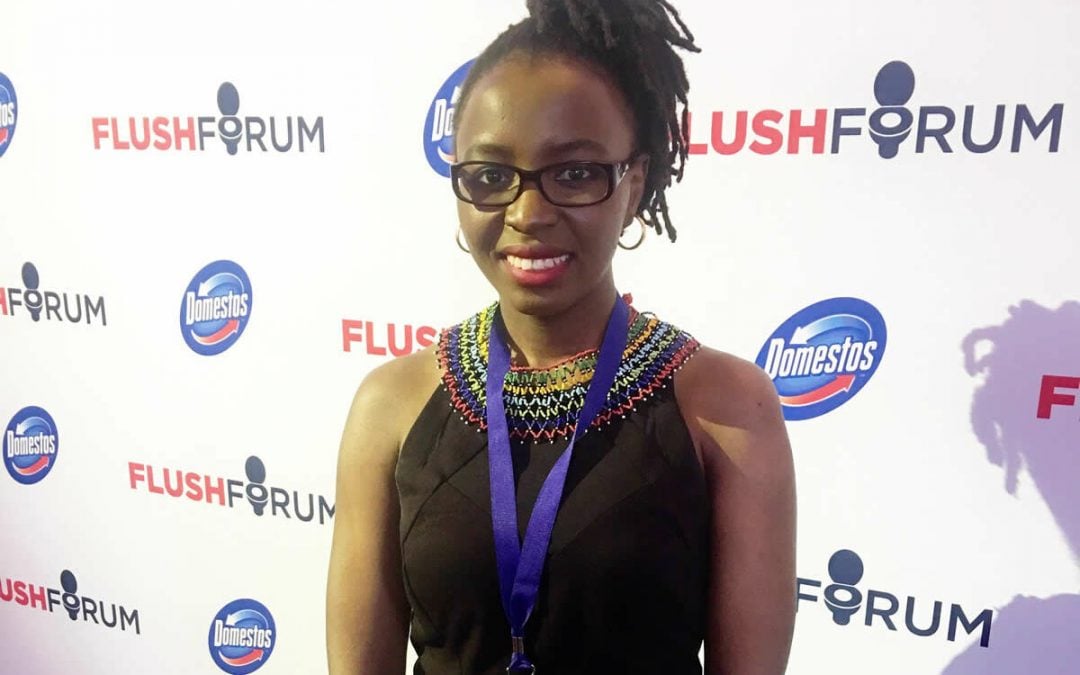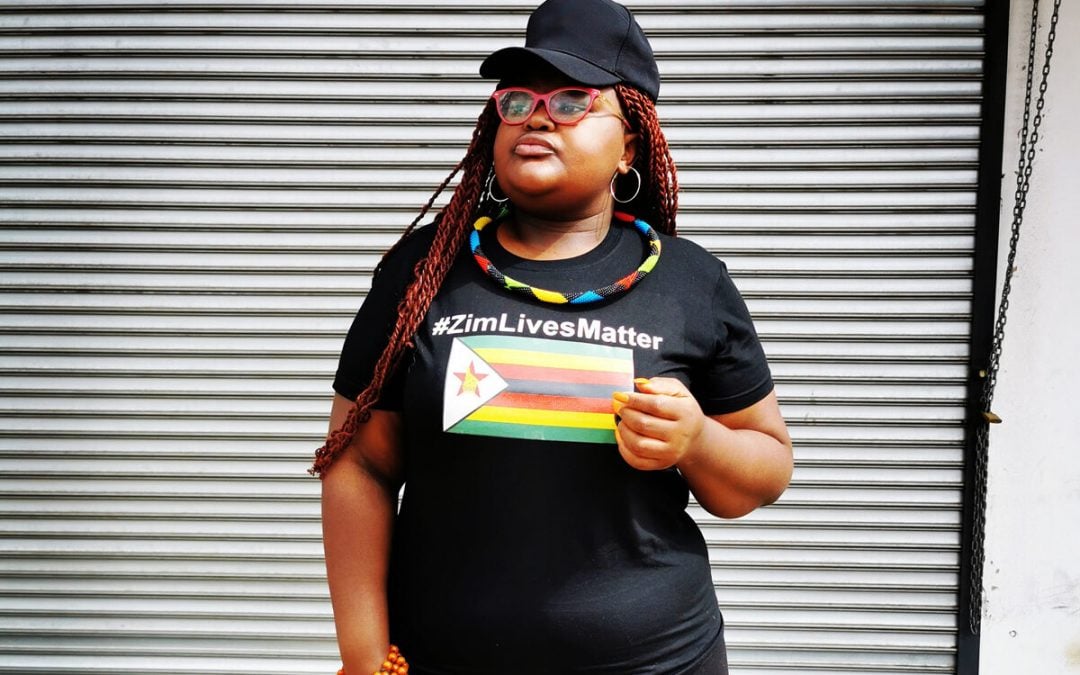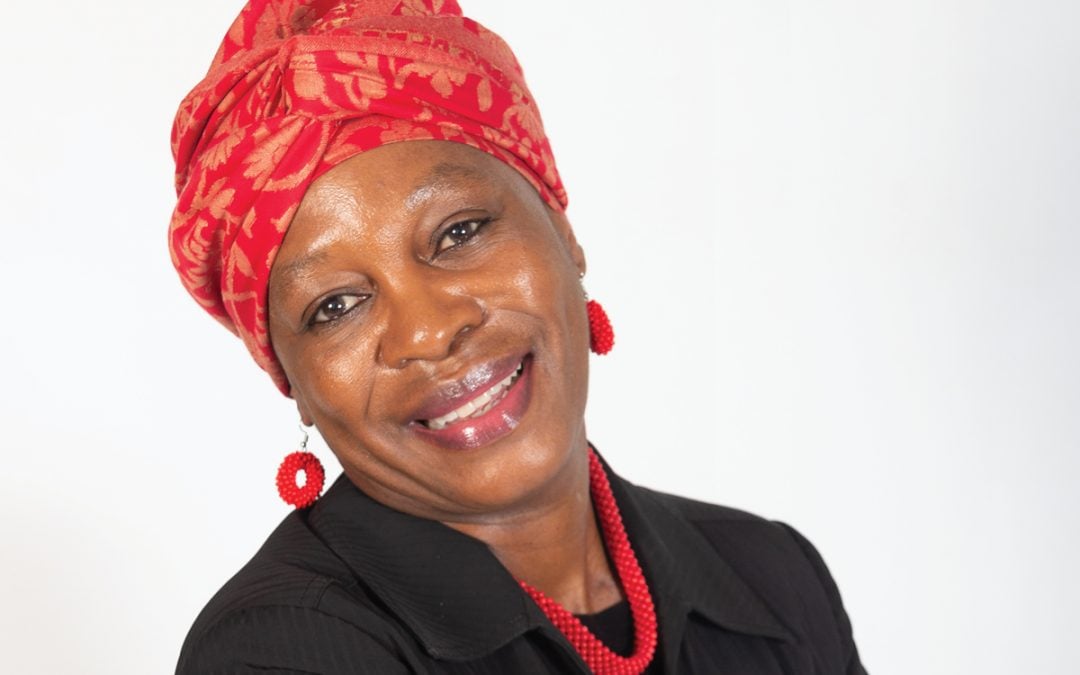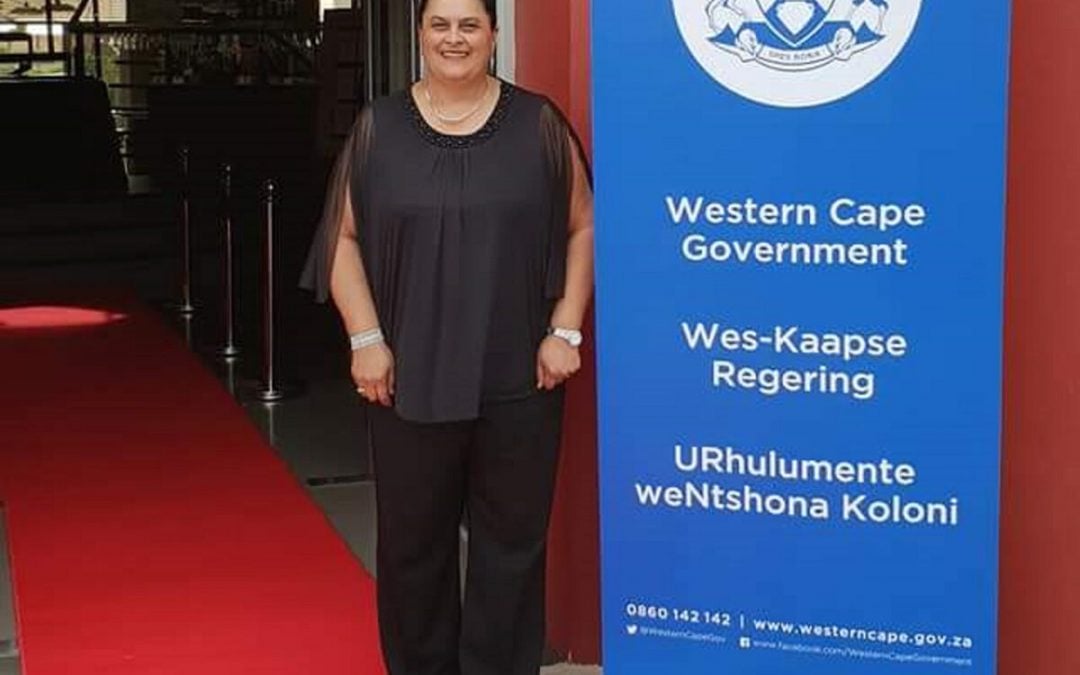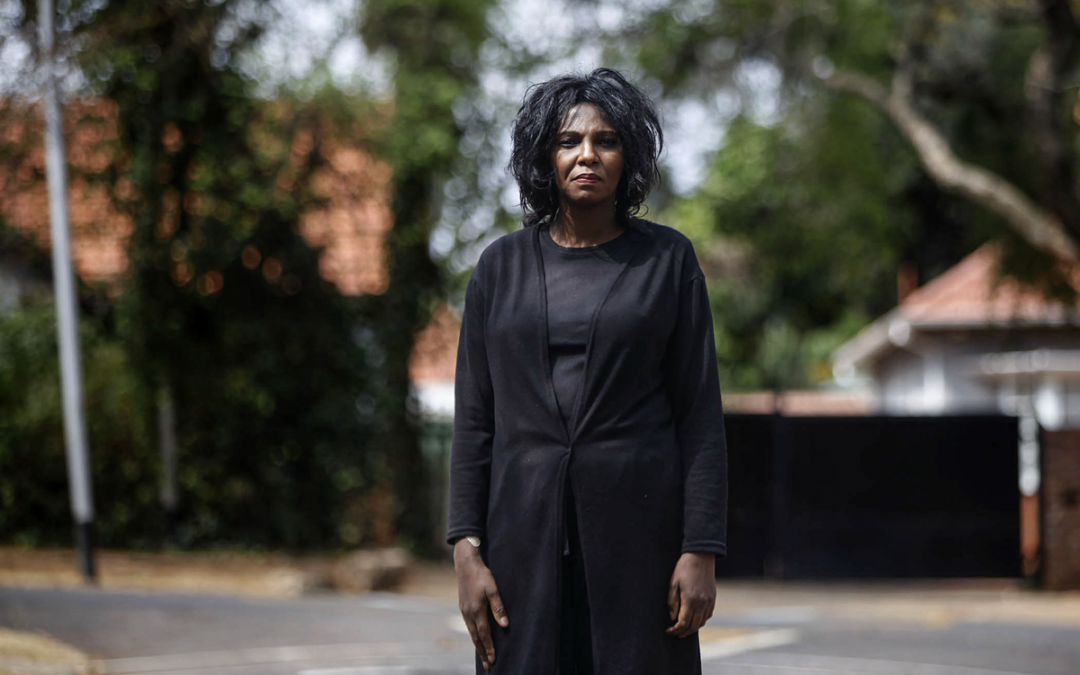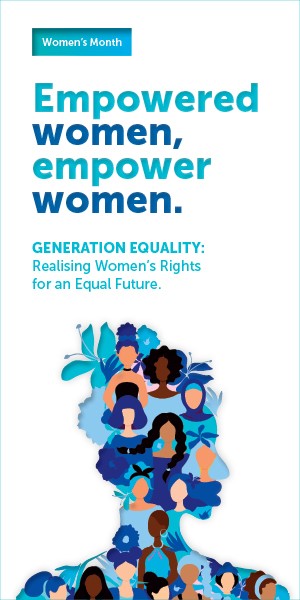From Ethiopia to the US, she has influenced social justice wherever she has been.
Nardos Bekele-Thomas is currently the resident coordinator of the United Nations (UN) and resident representative of the United Nations Development Programme (UNDP) in South Africa.
At 61, Bekele-Thomas’ journey with the UN began more than four decades ago in 1979, during the devastating period of the Red Terror under the military dictatorship in Ethiopia. It was a harrowing time for her as her parents lost their livelihoods and her two brothers were executed.
But Bekele-Thomas had the gift of youth on her side. She drew inspiration from her parents and she used their teachings about self-reliance to support them and to make it out of that tough situation.
“I had to find work immediately to help support my family. The Representative of the UNDP office in Ethiopia was empathetic towards my family’s situation and gave me a job as an office clerk,” Bekele-Thomas says.
“In my case, I think the trauma and pain of losing loved ones and watching human rights abuses against my fellow countrymen lit a fire within me,” she adds.
Her motivation continued to grow and Bekele-Thomas would eventually serve in more than nine countries, including Kenya, Benin, the US and the Comoros Islands.
This has helped her to mould her career despite experiences that took a toll on her emotions, but kept her motivated and humbled.
“Over the years, I have interacted with many presidents, change-makers and captains of industry. I have learnt a lot! Throughout this time, I have always stood for what’s right and important. For me, being an international civil servant means standing with and for people without voices, as I lived this first-hand in Ethiopia as a young girl,” Bekele-Thomas says.
But moving around so frequently also has its cons. Bekele-Thomas’ family was constantly uprooted and moved from country to country. As a mother and a wife, it worried her when her family was put in danger in war-stricken countries.
“Going to the Central African Republic and witnessing bullets shatter the windows of my hotel and hearing rockets fall in the compound of my friends’ homes were traumatising and scary times. You wonder about the life of your children. Who will raise them in my absence? You wonder about humanity and how innocent people’s lives could perish as a result of conflict. These moments often triggered the experiences of my own past and its haunting memories.”
As an African woman, she has faced challenges throughout her life. But she says she was lucky enough to be in the UN, an organisation that she says encourages women empowerment and stands strongly against sexual harassment.
She acknowledges that the fight is far from over.
“I often look at where my mother was in comparison to where I am and further compare this to my own daughters’ destinies. Equality is an ongoing struggle that requires the same level of commitment and sacrifice as those who have fought before us. We are the mothers, the sisters, the wives, the colleagues and friends of men! Today, we are also the CEOs, ministers, professors, scientists and economists with the power to bring equality in our lifetime.”
Bekele-Thomas now resides in South Africa and her desire to bring social justice to wherever she still burns strongly. Now, along with her employer, she is working on the socioeconomic impact of Covid-19 on an already unequal society.

